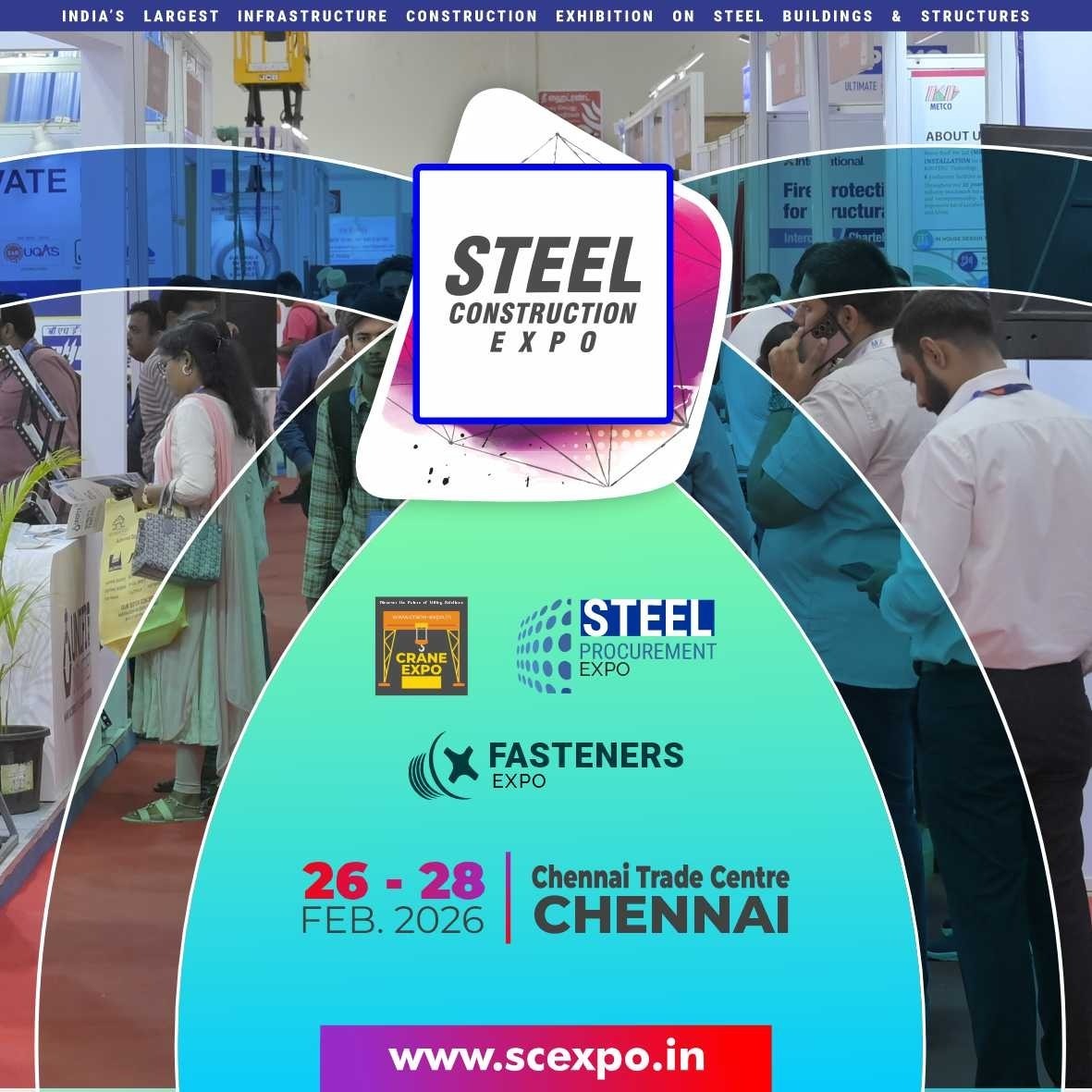The government recently assessed the preparedness of the steel industry (previously reported here) to meet its obligations regarding carbon emissions reporting, a requirement set to commence on October 1 as part of the European Union’s Carbon Border Adjustment Mechanism (CBAM).
This evaluation took place during a meeting convened by the Ministry of Commerce and Industry, chaired by Commerce Secretary Sunil Barthwal. The meeting saw participation from senior officials representing various ministries, including Finance, the Department for Promotion of Industry and Internal Trade, Power, Steel, and Mines.
Additionally, representatives from the Indian Steel Association, business chambers, Engineering Exports Promotion Council, and legal experts were in attendance. This session was a follow-up to a similar meeting held in May, where industry stakeholders were alerted to prepare for CBAM compliance.
Industry representatives have assured authorities of their ability to provide carbon emissions certification when required.
Concurrently, the government has been actively engaged in discussions with the EU regarding CBAM. This topic was a point of discussion during the first Trade and Technology Council meeting held between both parties in Brussels in May. An agreement was reached to establish a communication channel on CBAM, with discussions for future meetings currently in progress.
India has sought specific carve-outs for small and medium-sized businesses and recognition of its Carbon Credit Trading Scheme (CCTS), which is still in development. This scheme aims to determine the carbon tax liability on exports.
If India’s CCTS is accepted, tax payments for emissions exceeding prescribed thresholds will be based on the price of credits on the Indian carbon exchange, potentially reducing the tax burden on Indian exports compared to the EU ETS (Emission Trading System).
India submitted a paper on this subject to the World Trade Organization in February, and similar submissions have followed from other countries.
CBAM, or the carbon tax, which cleared procedural hurdles in April, aims to impose taxes on imports into the EU from regions where carbon emissions during production exceed specified limits. Initially, this tax will apply to seven carbon-intensive products, including iron and steel, aluminium, cement, electricity, hydrogen, and fertilisers. India’s steel and aluminium exports, valued at $8.2 billion, are particularly affected, as 27% of these exports go to the EU.
Starting from January 1, 2026, the tax will be imposed on imports, while a transition phase will begin on October 1, 2023. During this period, importers of the seven affected products in the EU will need to report greenhouse gas emissions associated with their imports without making immediate financial payments and adjustments. Failure to report or misreporting could result in penalties.




